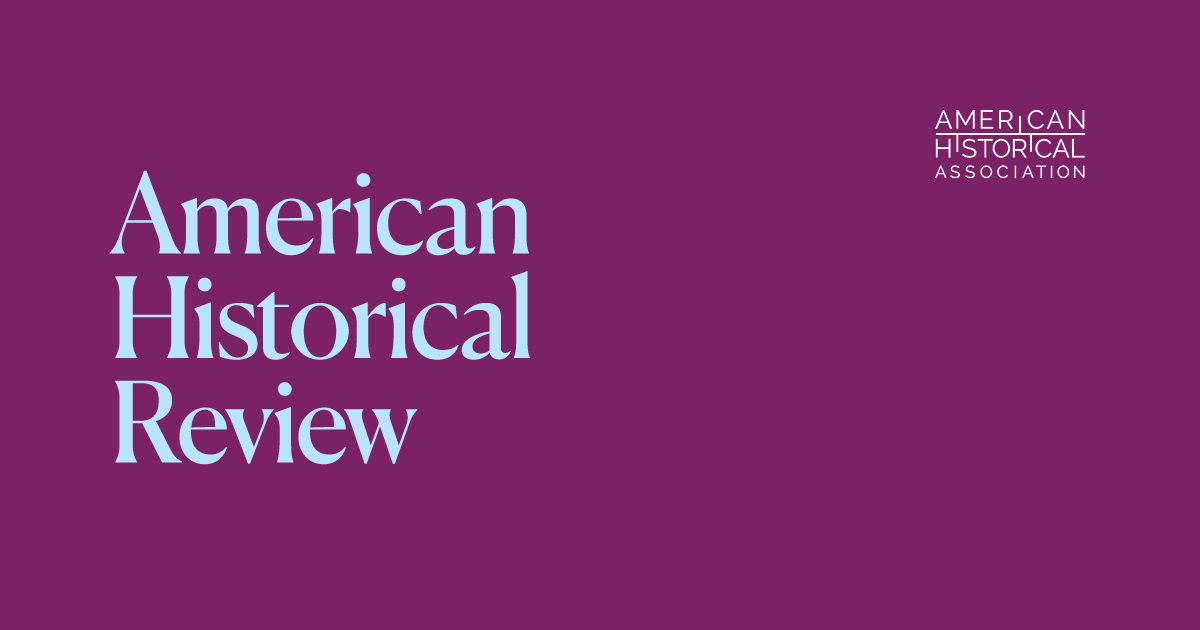- Joined
- 11 March 2012
- Messages
- 3,249
- Reaction score
- 3,179
Hand-waving away World War 2, how would the British Royal Air Force develop differently?
Consider that inter-war, they concentrated on policing their colonies and keeping uppity locals suppressed.
Outwardly, late-1930s RAF fabric-covered biplanes looked little different than the fabric-covered biplanes that won WW1. Their most sophisticated Army Cooperation airplane was the fixed-gear, strut-braced, fabric-covered Westland Lysander.
By the late 1930s, RAF Transport Command traded their wire-braced, fabric-covered biplane Vallettas for strut-braced, fixed-gear, fabric-covered monoplanes like Bristol Bombay.
By the late 1930s, the most advanced British airplanes were the Short Brothers' Empire Class flying boats with cantilever, all-metal wings supporting controllable pitch propellers, etc.
It was only Hitler's saber-rattling that convinced the RAF to order cantilever, all metal Stirling heavy bombers from Short Brothers.
Minus combat with a peer European air force (e.g. Germany) would the RAF have stayed-the-course with minor improvements to fabric-covered biplanes ... to continue policing the colonies?
As an aside, I believe that the Bretton Woods Agreements killed the British Empire. BWA forced Britain to open up her colonies to free trade (read American trade) sacrificing their Imperial trade surpluses, making it increasingly difficult to pay off wartime debts ... and they could forget about policing colonies that were no longer profitable.
Consider that inter-war, they concentrated on policing their colonies and keeping uppity locals suppressed.
Outwardly, late-1930s RAF fabric-covered biplanes looked little different than the fabric-covered biplanes that won WW1. Their most sophisticated Army Cooperation airplane was the fixed-gear, strut-braced, fabric-covered Westland Lysander.
By the late 1930s, RAF Transport Command traded their wire-braced, fabric-covered biplane Vallettas for strut-braced, fixed-gear, fabric-covered monoplanes like Bristol Bombay.
By the late 1930s, the most advanced British airplanes were the Short Brothers' Empire Class flying boats with cantilever, all-metal wings supporting controllable pitch propellers, etc.
It was only Hitler's saber-rattling that convinced the RAF to order cantilever, all metal Stirling heavy bombers from Short Brothers.
Minus combat with a peer European air force (e.g. Germany) would the RAF have stayed-the-course with minor improvements to fabric-covered biplanes ... to continue policing the colonies?
As an aside, I believe that the Bretton Woods Agreements killed the British Empire. BWA forced Britain to open up her colonies to free trade (read American trade) sacrificing their Imperial trade surpluses, making it increasingly difficult to pay off wartime debts ... and they could forget about policing colonies that were no longer profitable.


